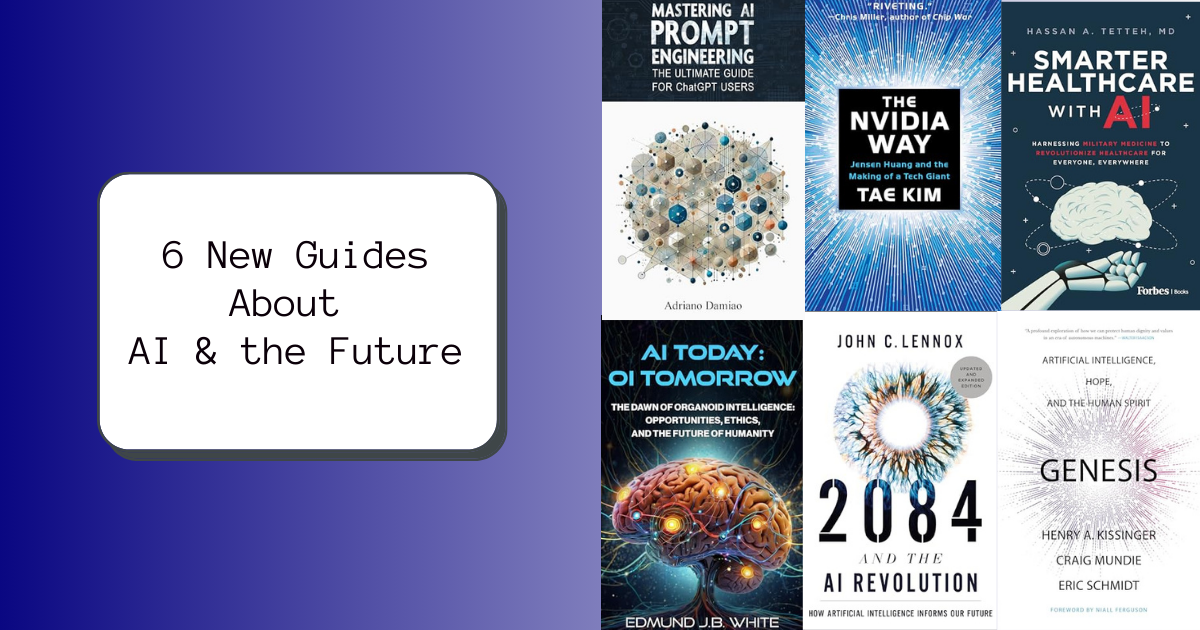With generative AI hype overinflating expectations, 63% of marketing leaders say they plan to invest in the technology in the next 24 months, according to two reports from Gartner.
Dig deeper: How to make AI-driven segments work in composable CDPs
Generative AI for sales and emotion AI were both deemed to be at the “Peak of Inflated Expectations” by Gartner. This is defined as a “phase of overenthusiasm and unrealistic projections, a flurry of well-publicized activity by technology leaders results in some successes, but more failures, as the innovation is pushed to its limits. The only enterprises making money are conference organizers and content publishers.” This is followed by the “Trough of Disillusionment” on the firm’s hype cycle matrix.

While nearly 2/3rds of marketers are planning to invest in AI, 14% already have, according to Gartner’s 2023 MarTech Survey. Despite the enthusiasm, only slightly more than half of respondents see greater reward than risk in GenAI.
And, speaking of enthusiasm, a survey from The Marketing AI Institute and Drift found 91% of marketers saying AI is either critically important, very important, or somewhat important to their marketing success over the next 12 months.
This comes despite the fact that AI isn’t yet well understood: 35% of those surveyed for the 2023 State of Marketing AI Report say they’re in the beginner phase of understanding AI terminology and capabilities, 54% say they’re in the intermediate stage and just 11% say they’re advanced.
And now the latest AI-powered martech solutions, enhancements and upgrades:
- Quickads.ai, an AI Ad platform, offers virtual product photography, eliminating the need for photoshoots while allowing advertisers to produce visual content easily. It also has a selection of domain-specific ad templates that can be personalized to align with brand requirements, a content generation feature, error detection and content refreshing capabilities.
- Twilio’s CustomerAI1 powers predictive and generative AI tools, along with CDP innovations that underpin powerful AI use cases. CustomerAI Predictions lets marketers can create hyper-targeted audiences out-of-the-box, trigger customer journeys, and personalize multichannel experiences based on a customer’s lifetime value, likelihood to purchase or churn, or any other event tracked in Twilio Segment. The AI-powered Voice Intelligence uses a transcription and language operator tool that deploys conversational speech recognition to extract insights. Twilio Flex and Voice customers can also manage regulatory requirements with automated personal information redaction.
- Writerly AI’s EKOM is a digital asset creation and optimization engine. It can import and export data directly to and from a CMS with bulk optimization. When used with SEO data, EKOM can cross-reference marketplace search intent with CMS data to provide revenue-driving product assets. EKOM also uses traffic analytics to create recommendations.
function getCookie(cname) {
let name = cname + “=”;
let decodedCookie = decodeURIComponent(document.cookie);
let ca = decodedCookie.split(‘;’);
for(let i = 0; i <ca.length; i++) {
let c = ca[i];
while (c.charAt(0) == ' ') {
c = c.substring(1);
}
if (c.indexOf(name) == 0) {
return c.substring(name.length, c.length);
}
}
return "";
}
document.getElementById('munchkinCookieInline').value = getCookie('_mkto_trk');
The post AI-powered martech: This week’s releases and research appeared first on MarTech.








































































